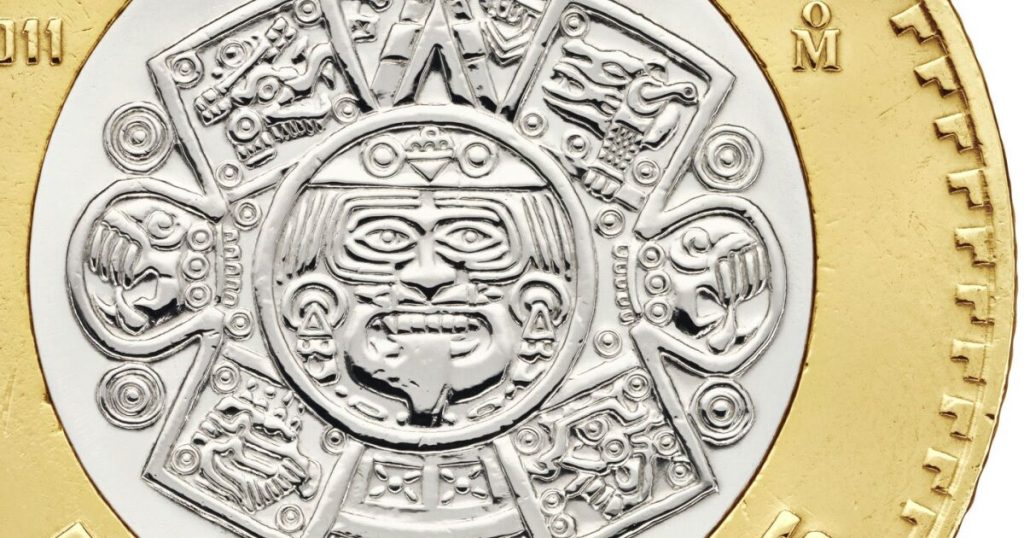The National Health Surveillance Agency (Anvisa) released a note – in a warning tone – in which it informs that, contrary to what some “irregular and misleading” advertisements spread on social networks say, the substance phosphoethanolamine does not fight cancer “or any disease”, nor does it have “functional or health properties”.
Furthermore, says Anvisa, the substance does not have authorization or registration for use as a food supplement or medicine in Brazil, the agency informed, adding that the commercialization of phosphoethanolamine could only occur with due approval.
“Using products not registered by Anvisa for cancer treatment is extremely risky. These products can negatively interfere with conventional treatments, in addition to presenting risks of contamination,” the note explains.
“It is crucial that patients do not abandon established medical treatments to use unauthorized therapies of unknown efficacy, such as phosphoethanolamine,” he adds.
Cancer
According to Anvisa, without adequate clinical research and due registration, phosphoethanolamine cannot be considered safe or effective for the treatment of cancer.
“Medical science is based on rigorous data and evidence, and the criteria for approving new treatments are established to protect the health of patients,” the agency emphasizes.
She added that phosphoethanolamine has also not received approval for use as a dietary supplement. “For supplements containing this substance to be marketed, they cannot make therapeutic or medicinal claims,” she concluded.

















